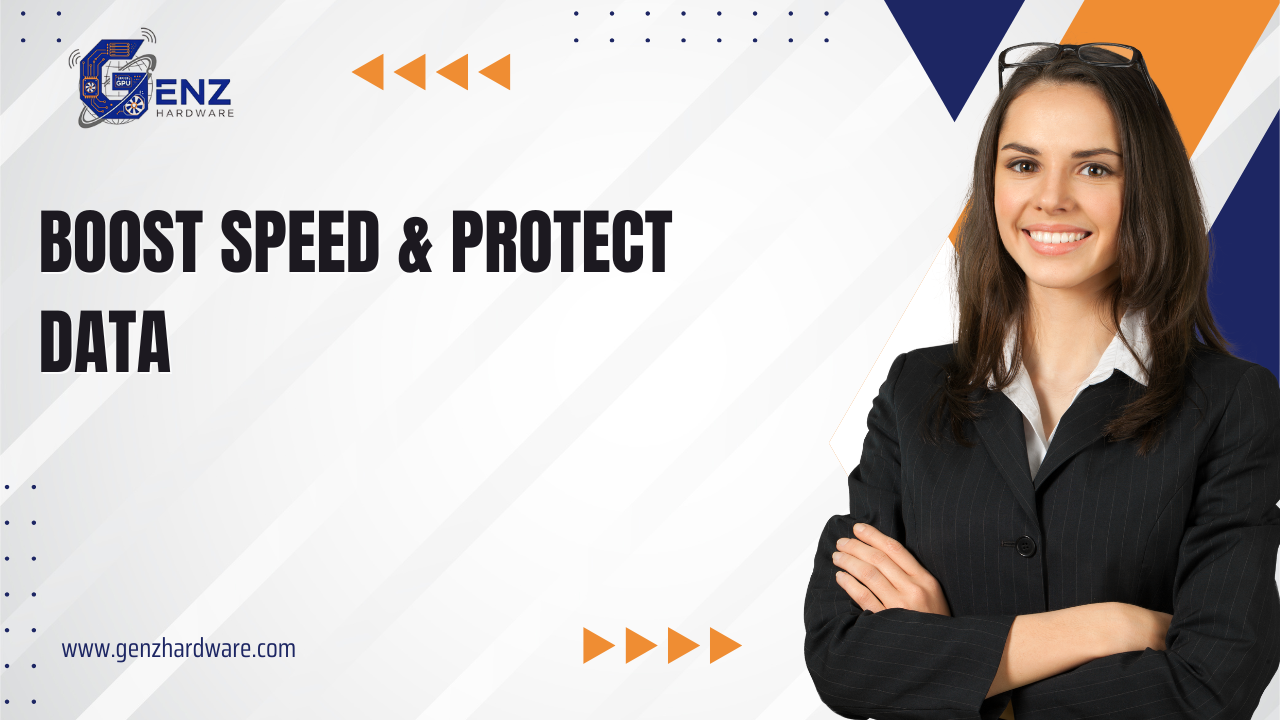
RAID Controllers: Enhancing Storage Performance and Data Protection
In the world of storage, reliability and performance are top priorities. RAID controllers (Redundant Array of Independent Disks controllers) make this possible by managing multiple drives and turning them into one efficient, secure system. From personal workstations to enterprise servers, RAID controllers are key to achieving high performance and data redundancy.
What is a RAID Controller?
A RAID controller is a hardware device or software component that manages how multiple hard drives or SSDs work together in a RAID configuration. It ensures data is written, read, and protected across drives, balancing performance and safety.
Key Benefits of RAID Controllers:
-
Performance Boost: RAID can speed up read/write operations by using multiple drives simultaneously.
-
Data Redundancy: Protects against drive failures by duplicating or distributing data across drives.
-
Scalability: Makes it easy to add more storage as your needs grow.
-
Flexibility: Supports different RAID levels based on performance and protection requirements.
Common RAID Levels Managed by Controllers:
-
RAID 0: Stripes data for maximum speed (no redundancy).
-
RAID 1: Mirrors data for full redundancy.
-
RAID 5: Balances speed and redundancy with parity.
-
RAID 10: Combines mirroring and striping for high performance and protection.
Types of RAID Controllers:
-
Hardware RAID Controllers: Dedicated cards installed in servers or PCs for maximum reliability and performance.
-
Software RAID Controllers: Managed by the operating system, suitable for basic setups.
-
Integrated RAID: Built into motherboards, providing cost-effective solutions for desktops and small servers.
Why RAID Controllers Matter:
-
For Businesses: Ensure data availability and uptime for critical operations.
-
For Servers: Handle massive workloads while preventing data loss.
-
For Professionals: Boost performance for video editing, rendering, or large-scale backups.
Conclusion:
RAID controllers are indispensable for anyone who values performance, scalability, and data security. Whether you’re running a personal workstation or managing enterprise servers, a RAID controller ensures your storage system runs efficiently and safely.








